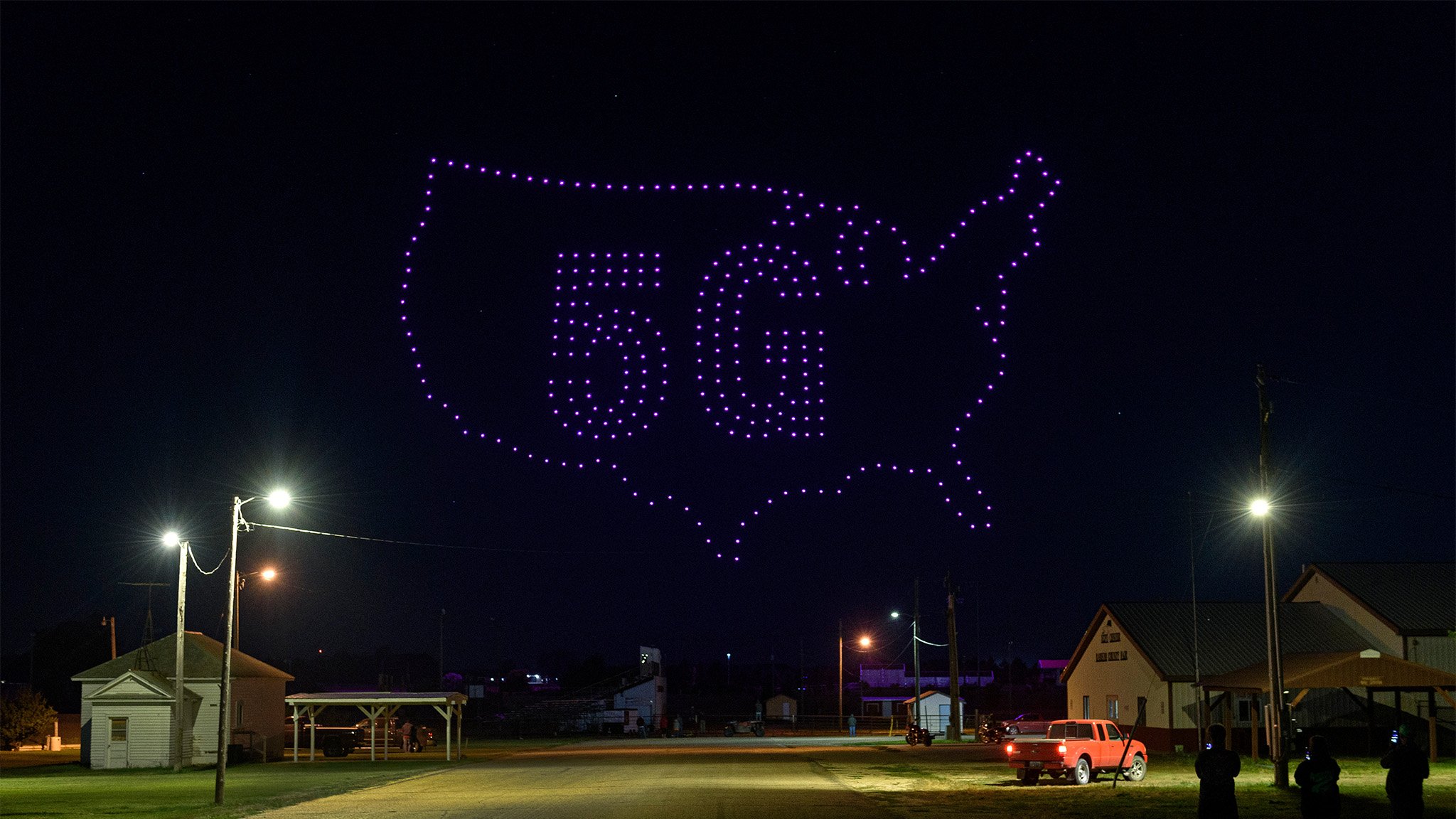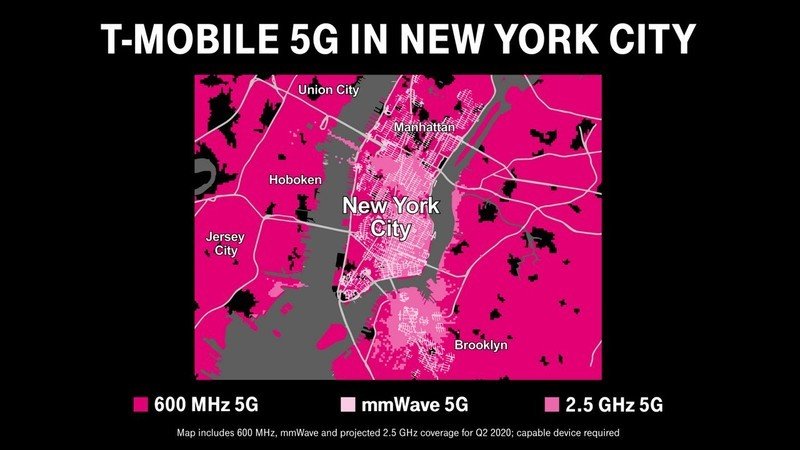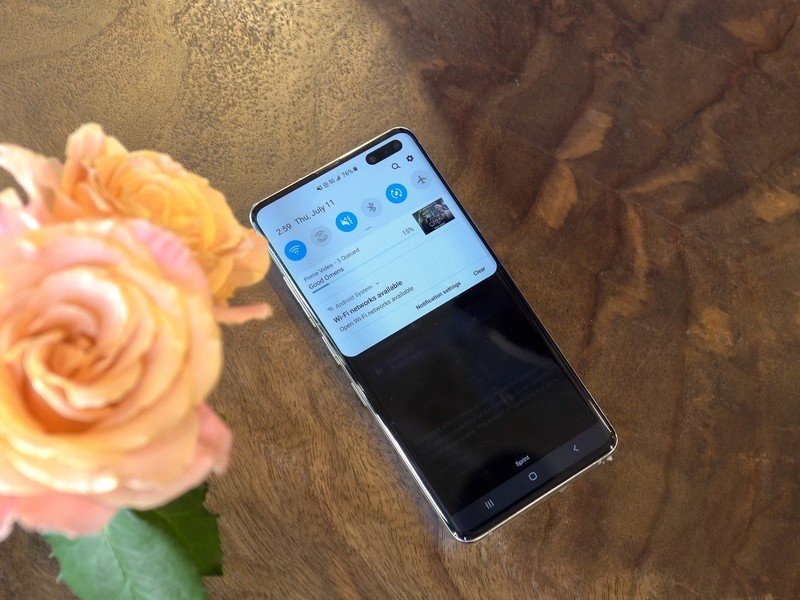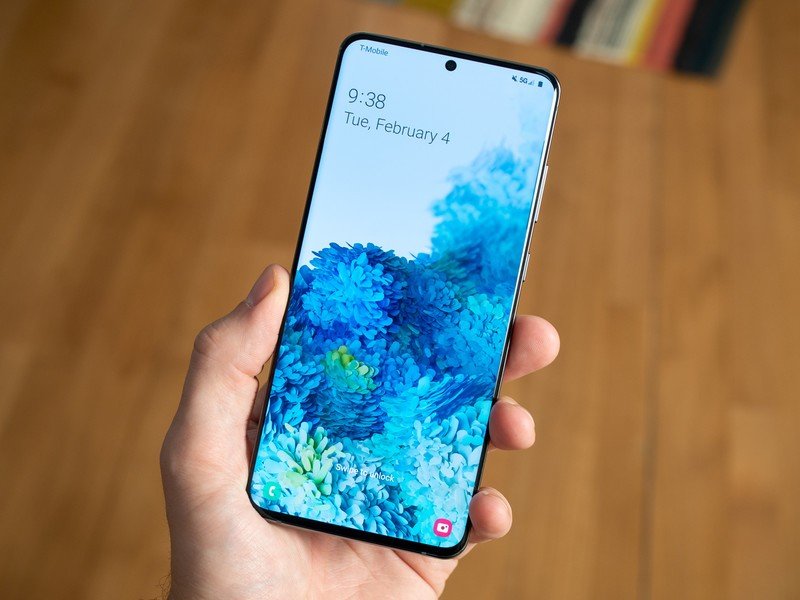5G SA vs. NSA: Can 5G stand alone without LTE?

If you've been waiting for 5G to mature before buying in I don't blame you. New wireless tech moves quickly and for many people, a stable and reliable connection is worth more than a bit of a speed increase. T-Mobile's 5G network recently took a big step with its 5G network by moving to standalone 5G which brings with it improved speeds, latency, and coverage.
While these improvements aren't huge, they are a great way to improve the network for 5G users without needing to deploy more equipment or making older 5G phones obsolete.
What is 5G NSA (Non-standalone)?
At first, non-standalone, or NSA, 5G was being used by all 5G carriers. The goal for all of these carriers is to eventually transition to a standalone network but there are quite a few reasons to start with NSA. The biggest reason to go for NSA is a faster launch. By making use of the existing LTE core network, 5G coverage can be added before the full end-to-end 5G core is in place.
NSA offers significant speed improvements over LTE alone, and 5G using this tech has already reached the majority of Americans. T-Mobile estimates its low-band 5G network is capable of about going 1.5x faster than LTE using the same spectrum and bandwidth. As always, your actual speed is going to depend on the quality of your connection as well as the load on your tower. Of course, when the time comes, moving to standalone 5G can provide a nice bump in service quality.
What is 5G SA (Standalone)?
Standalone, or SA, 5G is 5G coverage that is built end-to-end on a fast 5G core. Unlike NSA, your 5G device does not need to connect to any form of LTE for your 5G connection to work. T-Mobile was the first to move to SA. The most important distinction is that you can connect to T-Mobile's low-band 600MHz 5G even if you don't have access to its LTE network.
Is SA really faster?

Pure download speeds on 5G SA won't be significantly improved over NSA when everything else is identical. NSA was focused on delivering a high-speed data connection from the beginning, so for the most part, any speed increase one feels with SA will likely be a result of the improved latency or coverage. Still, the improved connection quality can make SA feel faster than NSA. Not only that but in a situation where your phone cannot reach an LTE tower but can reach a 5G tower, you'll still get data with SA.
Does 5G SA have improved latency over 5G NSA?
Latency manifests as the small amount of time it takes for your phone to begin downloading media.
Latency is a measurement of the time it takes for a piece of information to be requested and returned on a data network. Typically measured in milliseconds, latency manifests as the small amount of time it takes for your phone to begin downloading media. As T-Mobile noted in its standalone 5G announcement, latency on 5G SA will see big improvements compared to NSA. T-Mobile saw an approximate 40% improvement in latency on its SA network compared to NSA. The NSA connection is still completely usable but definitely falls behind.
Be an expert in 5 minutes
Get the latest news from Android Central, your trusted companion in the world of Android
While latency under 100ms isn't normally a big deal for streaming or web browsing, it's not quite good enough for applications like remote computing and especially gaming. Reducing network delay can lead to a much-improved internet experience especially if you try to work or game on your connection.
Improved latency is one of the most important aspects of 5G with times closer to a good fiber optic connection making it a more viable alternative to traditional home internet.
Does 5G SA improve coverage?

5G SA doesn't technically improve coverage but removing the need to connect to LTE can allow users to connect even when there is no LTE connection. This is especially important on low-band deployments like those from AT&T, T-Mobile, and US Cellular. A low-band 5G connection will have greater coverage than the LTE network from the same tower. With NSA, if you cannot connect to the LTE network, you can't connect to 5G.
SA resolves this issue by allowing the phone or 5G device to connect without reaching LTE. T-Mobile has reported that its network coverage improved by 30% thanks to 5G SA. There's no doubt that if a carrier wants to make the most of its low-band 5G deployment, getting to SA as fast as possible is a must.
Here's every U.S. city with 5G coverage right now
Should carriers bother with 5G NSA?
For quite a while, 5G coverage wasn't really good enough to warrant the upgrade to SA since in the vast majority of areas it was being deployed, there was an existing LTE network with better coverage. Not only that, but 5G NSA also allowed carriers to start building 5G networks earlier without needing a full end-to-end 5G core in place. For every carrier, NSA was a sensible first step.
NSA also helped get 5G devices in customers' hands sooner than if carriers had waited longer for an SA network to be complete. Many people use their phones for years and having a solid NSA network in place was likely a necessity to get people and phone manufacturers to commit to 5G enough that they can actually use the new network before their next upgrade cycle.
Is 5G NSA real 5G?
Make no mistake, 5G NSA still offers the fast download speeds promised by the 5G upgrade. 5G NSA has been responsible for the majority of 5G testing we've seen so far and can deliver substantially faster download speeds than LTE. Even though NSA needs LTE to complete its connection, it is still a newer, faster, and more efficient 5G connection than LTE.
Should you wait for 5G SA?

If you're on T-Mobile and haven't purchased a 5G phone yet, you can make sure you get one that works with SA and you'll be good to go. The Samsung Galaxy S20, for example, works with 5G SA and with a software update, will be able to work on T-Mobile's 5G SA network.
If you're considering a carrier that hasn't made the move to 5G SA yet, it's still a good idea to have a phone that will work with SA when the time comes. While it's not worth it for most people to wait for SA to make the jump to 5G, being ready for the change will ensure you have the best connection possible when your carrier inevitably upgrades its network.
When Samuel is not writing about networking or 5G at Android Central, he spends most of his time researching computer components and obsessing over what CPU goes into the ultimate Windows 98 computer. It's the Pentium 3.


